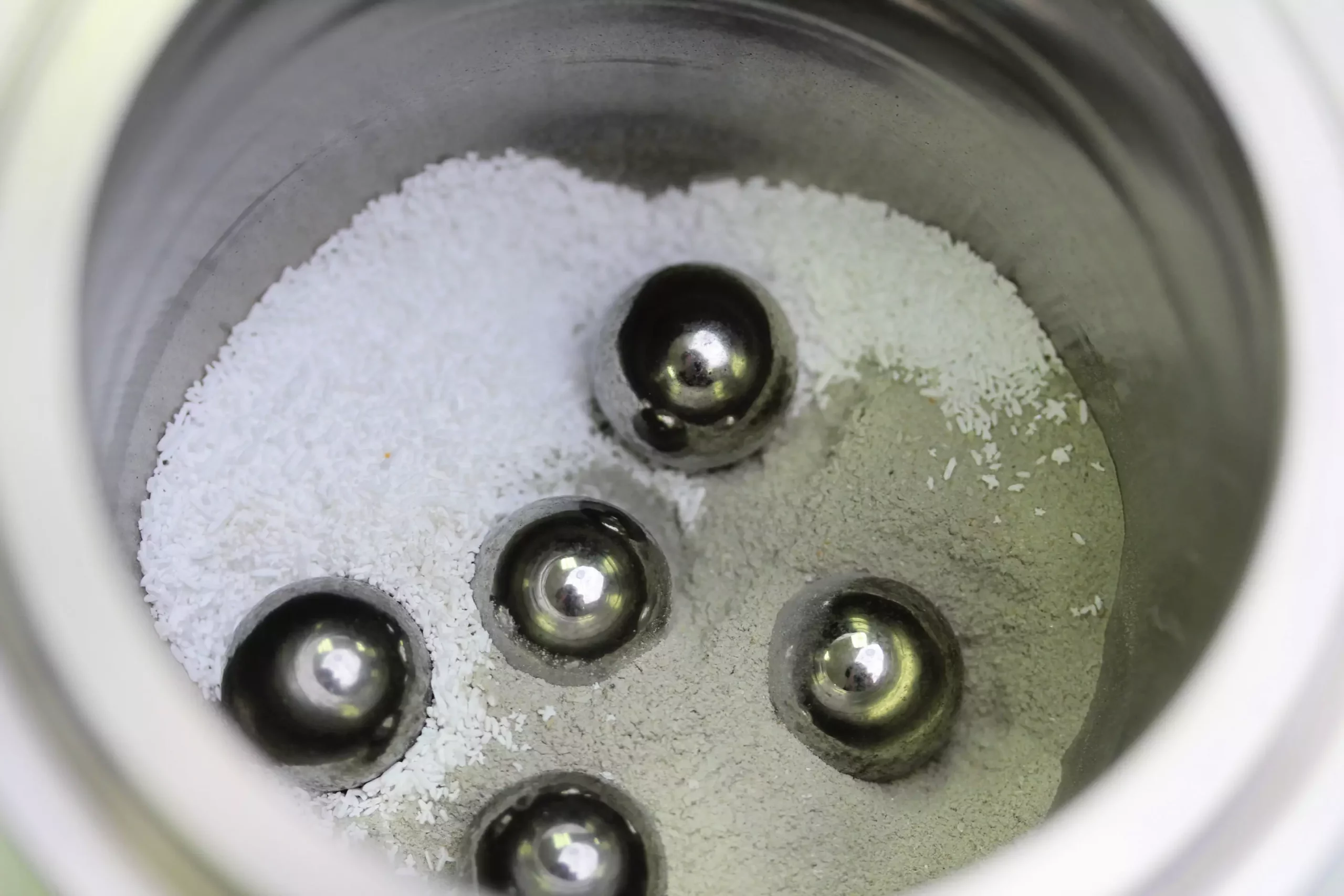When most people think of chemistry, they envision the classic image of colored liquids in beakers and test tubes. However, chemistry goes beyond liquids to include materials in all states: liquids, gases, and solids. Scientists at the Critical Materials Innovation (CMI) Hub are utilizing a unique subdiscipline of chemistry known as mechanochemistry to revolutionize the extraction of lithium. This innovative approach, called mechanochemical extraction of lithium at low temperatures (MELLT), is a game-changer in diversifying and enhancing the lithium supply chain in the United States.
The Challenge of Lithium Supply
Lithium is a crucial element in the production of high-performance rechargeable batteries used in various technologies such as cell phones, electric vehicles, and medical devices. With the increasing demand for electric vehicles, the need for lithium has also grown significantly. Currently, lithium is primarily sourced from brines and hard-rock minerals like spodumene. However, the extraction processes for these sources present challenges such as time-intensive production, high energy consumption, and environmental impacts.
The conventional methods for lithium extraction involve solar evaporation for brines and energy-intensive thermal processing for hard-rock minerals like spodumene. The extraction from brines relies on the slow process of solar evaporation, while spodumene requires roasting and chemical treatments at high temperatures. These methods are not only time-consuming but also energy-intensive, leading to the generation of greenhouse gases and hazardous waste streams.
The Mechanochemical Solution
In response to the drawbacks of traditional extraction methods, researchers at the CMI Hub have turned to mechanochemistry to develop the MELLT process. Mechanochemistry utilizes mechanical forces to induce chemical reactions in solid materials. By subjecting solid spodumene chunks and a reactant chemical to ball milling, high-energy states are generated within the materials, resulting in the formation of water-soluble lithium compounds. The MELLT process is faster, more energy-efficient, and eliminates toxic waste streams compared to traditional extraction methods.
Mechanochemistry, as a sustainable and environmentally friendly approach, offers a new avenue for conducting chemical reactions. The MELLT process not only streamlines the extraction of lithium from hard-rock minerals but also reduces the critical supply chain issues associated with lithium production. This innovative solution has the potential to diversify the U.S. lithium supply chain, paving the way for a more sustainable future in battery technology.
Collaborative Efforts for Innovation
The development of the MELLT process is part of a larger collaborative effort involving national laboratories, universities, and industry partners under the CMI umbrella. The goal of this collaborative initiative is to discover new refining processes and enhance existing methods of lithium extraction from both brine and hard-rock sources. By leveraging the expertise and resources of multiple stakeholders, the CMI is driving innovation in critical material supply chains like lithium extraction.
The utilization of mechanochemistry in the extraction of lithium represents a significant technological advancement in the field of chemistry. The MELLT process not only addresses the challenges of conventional extraction methods but also offers a more sustainable and efficient solution for lithium production. By embracing innovation and collaboration, the CMI is shaping the future of lithium supply chains and contributing to a greener and more sustainable energy landscape.


Leave a Reply